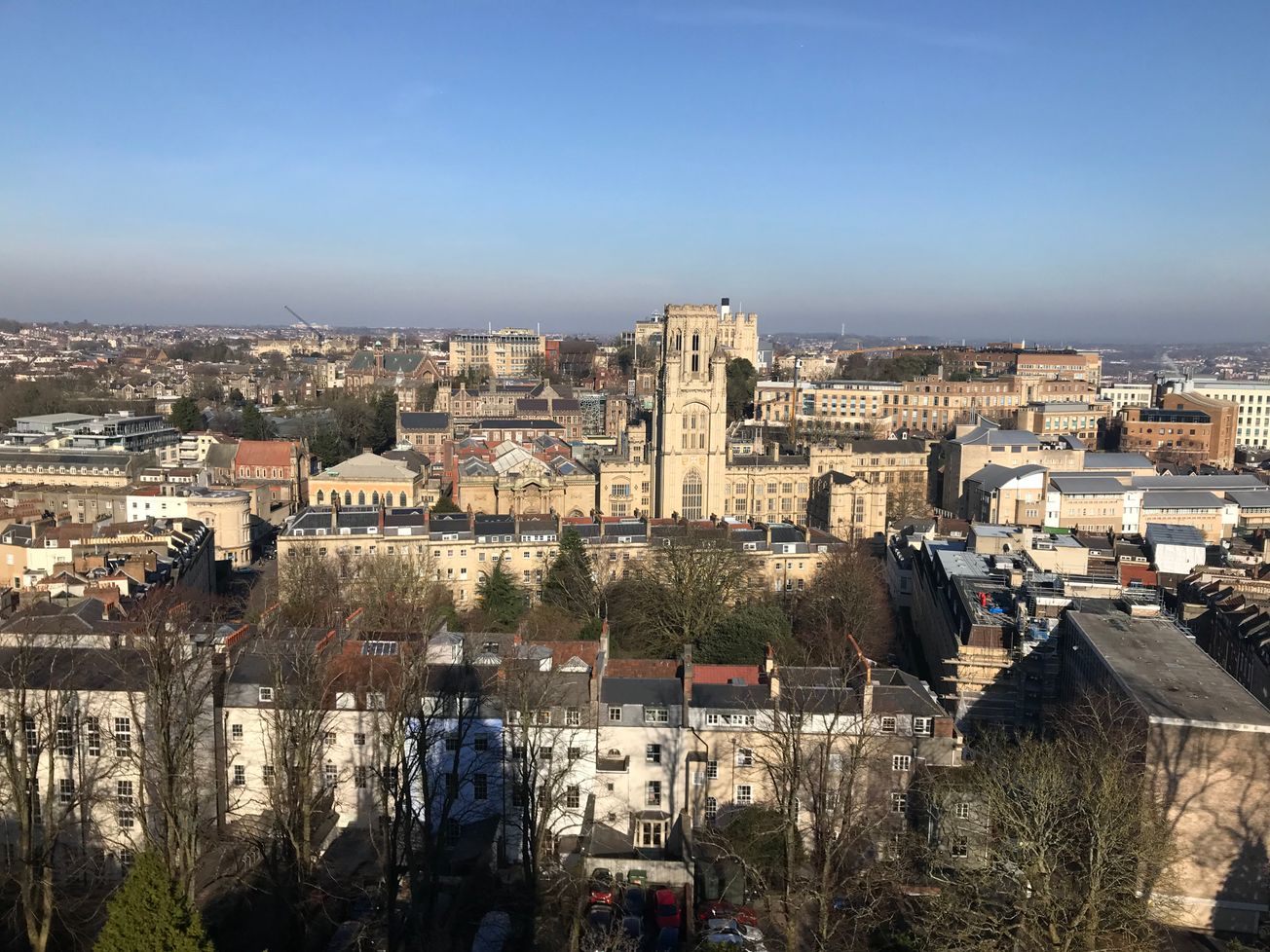By Alaska St. Clair, First year Politics and International relations
A recent study conducted by the University of Bristol and the University of Tennessee uncovered new links between nations’ tolerance of minority groups and levels of relative prosperity.
The research, investigating the conditions in 109 countries over the span of the last century, determined that cultural shifts are the main catalyst for societal improvement. Whether this is by way of education, democracy, wealth, or the overall standard of living. These categories are only able to advance when promoted in alliance with an openness toward minority groups since cohesion is central to the development process.
According to University of Bristol statistician Dr Daniel Lawson, the study was framed by data-driven analysis to extract “cultural values from global survey data.” These values, in turn, were ordered within a historical context for comparison.
Secular cultures which are tolerant of minority groups and respectful of individuals’ rights tend to have more wealth, education and democracy, a new study by @BristolUni scientists has found.
— UoBristol BioSci AthenaSWAN🏳️🌈 (@BristolBioSWAN) February 17, 2020
Find out more at the link below: https://t.co/uyuTa3PPn7 pic.twitter.com/oMW0E0YZ0a
The countries which experienced the greatest prosperity since 1900, (measured in GDP per capita) tended to also possess the highest degree of both secularity and tolerance of minorities. However, given that the majority of these nations were Western, perhaps external variables are equally relevant to take into account, such as the influence of industrialisation, individualism, or colonisation.
In most respects, this philosophy could be said to fall at odds with the principles upheld by the new UK immigration restrictions effective in 2021. On February 14th, Prime Minister Boris Johnson revealed a new proposal for the post-Brexit UK immigration system which would “end reliance on importing cheap, low-skilled labour” in order to reduce overall immigration while granting priority application status to migrants considered most economically valuable (Financial Times).
Official details are forthcoming but the new system is said to be modelled upon aspects of current Australian migration policy, seemingly in the sense that it will be “points-based”.
This implies that ‘higher-order’ skills and language fluency will now be taken into greater consideration when determining which individuals should receive visas, although not exclusively. Simply falling between the age range of 25 and 33 is enough to win an applicant half of their total point requirement. Critics have argued that such tactics will deplete ‘lower-skilled’ sectors of employment (especially as the UK nears full employment) but a
Tolerance, openness and secularism in society are the first steps to economic prosperity, study finds https://t.co/XtFMJbXp2b
— Steven Pinker (@sapinker) February 15, 2020
Downing Street spokesman defended the proposal’s grounds, claiming that next year’s system will ‘return democratic control of immigration to the British people.’ The city of Bristol presents a notable contradiction to the federal agenda, especially as a population representative of 45 religions, 91 languages, and 187 countries.
Further, ethnic minorities comprise 22% of Bristol’s residents, surpassing the national average by three percent. This disparity may seem trivial, but census data indicates that the greater southwest region was recorded to hold the highest voter turnout rate amongst all UK regions during the 2019 election. This lends support to the notion that increased democratic participation may be largely attributable to the conditions of a more tolerant environment.
🌏We’re introducing a new points-based immigration system from 2021 to attract the brightest and best talent from around the world.
— Home Office (@ukhomeoffice) February 19, 2020
Sign up here to stay informed: https://t.co/ZPseKZzg11 #PointsBasedSystem #Immigration pic.twitter.com/KEAXvRHspb
At the same time, southwest region ethnic minorities held the title of subgroup least likely to vote within all identity-based groups. Still, Bristol has long maintained its position as one of the most lucrative cities in the nation with a £14.20bn average contribution to the UK economy in 2019 and the highest employment rate among the 8 UK ‘Core Cities.’
'Ethnic minorities comprise 22% of Bristol’s residents, surpassing the national average by three percent.'
Alaska St. Clair, First year Politics and International relations
On a smaller scale, based on the 2018/19 ‘Quality of Life’ survey, 68 percent of Bristol residents believe that people from differing ethnic backgrounds ‘get along well within their neighbourhood’.
As Lawson stated, ‘a ‘good’ society — valuing diversity, tolerance and openness — may also be a ‘productive’ society, which is a reason to be hopeful about the future.’ These are certainly good signs for the city of Bristol in the years to come.
Featured Image: Epigram/Imogen Horton
What do you think of this research, do you agree? Get in touch!








